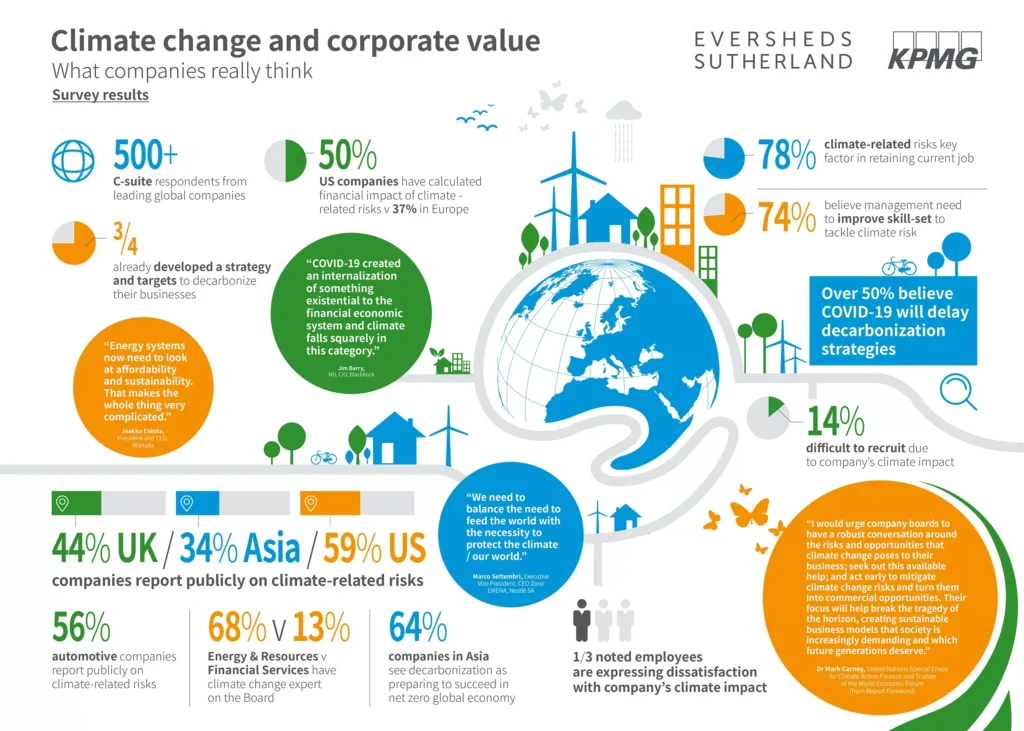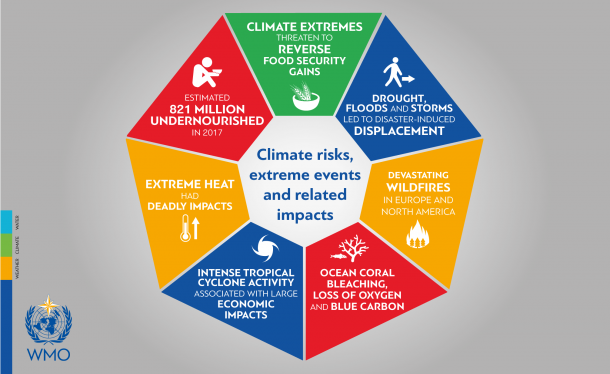Introduction
The mounting impacts of climate change are impossible to ignore. From devastating wildfires and floods to unusual heatwaves, the consequences of unchecked greenhouse gas emissions are becoming more evident each year.
Although the challenges seem daunting, we cannot afford despair or inertia. The urgent priority now is galvanizing climate change action on all fronts to avoid catastrophic planetary disruption.
Understanding the Threats from Climate Change
The greenhouse gases emitted from human activities like burning fossil fuels are trapping heat and destabilizing Earth’s climate in dangerous ways:
- Rising temperatures – increased heat is melting ice caps, raising sea levels, and fueling disasters like drought, wildfires and heatwaves.
- Extreme weather – climate change is increasing the ferocity of storms, floods, cyclones and other extremes.
- Loss of species – 20-50% of species risk extinction by 2050 as habitats change faster than they can adapt.
- Crop failures – agriculture is being disrupted by unpredictable rainfall, temperature shifts, and pests.
- Spread of disease – changing climates expand zones for malaria, dengue and other infectious diseases.
The impacts will worsen exponentially if emissions are not curbed immediately. The most vulnerable groups are being impacted.
The Role of Government Climate Policies
Governments wield enormous power to enact policies that could cut emissions and accelerate the renewable transition. Some priority areas:
- Carbon pricing – Carbon taxes or cap-and-trade schemes make polluting more expensive while funding clean alternatives. Experts cite carbon pricing as the most impactful policy.
- Clean energy investments – Funding R&D and subsidies for renewables, batteries, electric vehicles, green hydrogen etc. can accelerate their adoption.
- Phase out fossil fuel subsidies – Ending direct subsidies and tax breaks for oil, gas and coal companies would support clean energy competition.
- Stricter regulations – Stronger regulations on emissions, fuel economy, appliance efficiency and building codes drive widespread reductions.
- Repurpose coal regions – Governments must support economically transitioning fossil-fuel dependent regions and workers to new clean industries.
Citizen climate activism helps build the political will to enact ambitious policies.
The Critical Role of Businesses and Industry
While governments set overarching policies, businesses and industries are vital for large-scale implementation:
- Clean energy – The renewable energy industry is driving the growth and affordability of wind, solar, batteries, electric vehicles, green hydrogen and more.
- Responsible finance – Banks must stop financing fossil fuel projects and redirect capital towards climate solutions.
- Ecosystem protection – Companies reliant on agricultural commodities must prevent deforestation across their supply chains.
- Circular economy – Businesses should prioritize sustainability across product lifecycles via recycling, reduced packaging and regenerative practices.
- Consumer influence – Consumer goods companies shape consumption patterns through their marketing, communications and product portfolios. They must encourage sustainable choices.
- Leading by example – Every company has climate footprint reduction opportunities through clean energy procurement, energy efficiency, supply chain monitoring, and travel/building changes. More firms are committing to science-based and net-zero targets.
No business is too small or large to contribute towards climate action in meaningful ways.

Grassroots and Individual Action
Beyond policies and businesses, community organizing and individual choices are also critical levers for change:
- Education – Grassroots education campaigns help build public awareness on climate impacts and solutions. Lobbying governments and businesses is also key.
- Mobilization – Mass mobilization efforts like climate strikes compel leadership through social pressure. Digital activism expands mobilization reach.
- Lifestyle changes – Citizens can contribute through actions like reducing energy usage, traveling sustainably, changing diets, and choosing green products and investments.
- Local initiatives – Community renewable energy projects, urban farming, recycling drives, and preventing food waste are impactful local actions.
- Vote climate – Electoral campaigns educated on climate can secure major wins. Even local elections influence policymaking.
While individual actions alone are insufficient to meet the climate crisis, they signal mass support for systems change.
An All Hands On Deck Imperative
With unrelenting climate consequences already here, deep global cooperation is needed across all strata of society to achieve rapid decarbonization. Partial measures will fall devastatingly short.
Governments must demonstrate leadership through courageous policies that reconfigure energy and economic systems. Companies need to decarbonize operations while accelerating sustainable products for billions of consumers. Grassroots movements and individuals influence politics and build the societal demand for climate solutions.
The window for preventing catastrophic climate change is narrowing fast. But by leveraging all opportunities for intervention simultaneously, a liveable world remains possible if we muster the ambition and resolve to act decisively right now. Our collective future depends on it.
Frequently Asked Questions
What are the biggest threats from climate change?
Key threats include more extreme weather events, rising sea levels flooding coastal areas, damage to ecosystems and biodiversity, disruptions to food and water security, and increased spread of infectious diseases. The impacts threaten lives, economies, and global stability.
What are the most impactful climate policies governments can enact?
Experts point to carbon pricing, clean energy investments, phasing out fossil fuel subsidies, stricter emissions regulations, and programs to transition coal regions as some of the most effective climate policies governments can implement.
How can businesses and industries contribute to climate action?
Companies across all industries can transition to clean energy, set emissions reductions targets, influence consumers towards sustainability, overhaul supply chains to prevent deforestation, enact responsible climate finance, invest in circular economies, and more.
How can individuals make a difference on climate change?
While personal actions alone are insufficient, individuals can contribute by making sustainable lifestyle choices, voting for climate-conscious candidates, organizing grassroots education and lobbying campaigns, participating in climate strikes and activism, and demanding climate action from leaders.
Why is a multi-pronged approach necessary for climate action?
Solving a complex crisis like climate change requires aggressive policies, business innovation, and societal pressure across multiple fronts simultaneously. Coordinated efforts from governments, corporations, and citizens is vital to meet the scale and urgency of the challenge.
What happens if we delay climate action further?
Delaying action any further will mean missing the rapidly closing window to prevent the worst climate change impacts. Pushing decisions to the future will lock in catastrophic warming with disastrous consequences across economies, ecosystems and communities worldwide.



